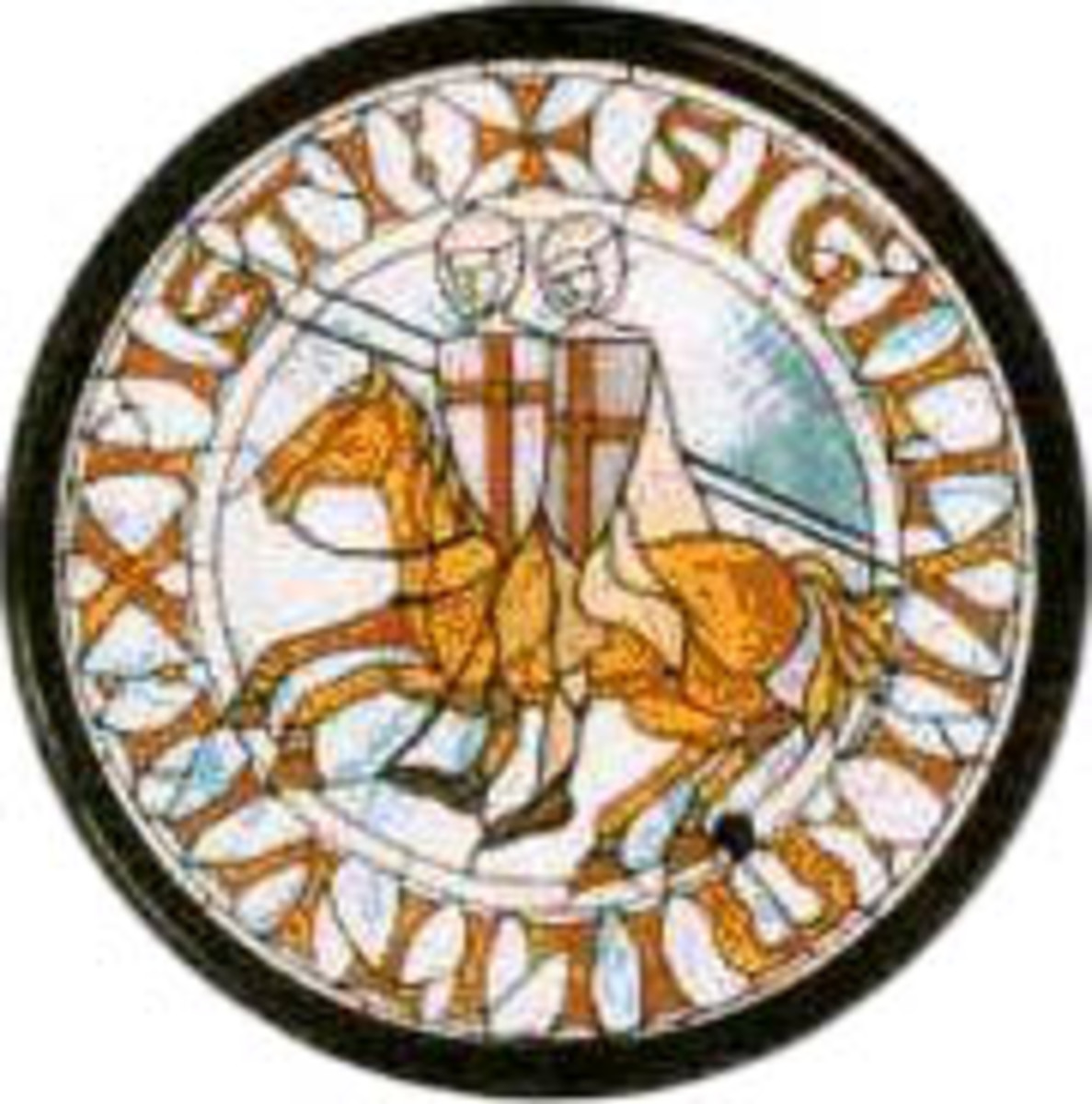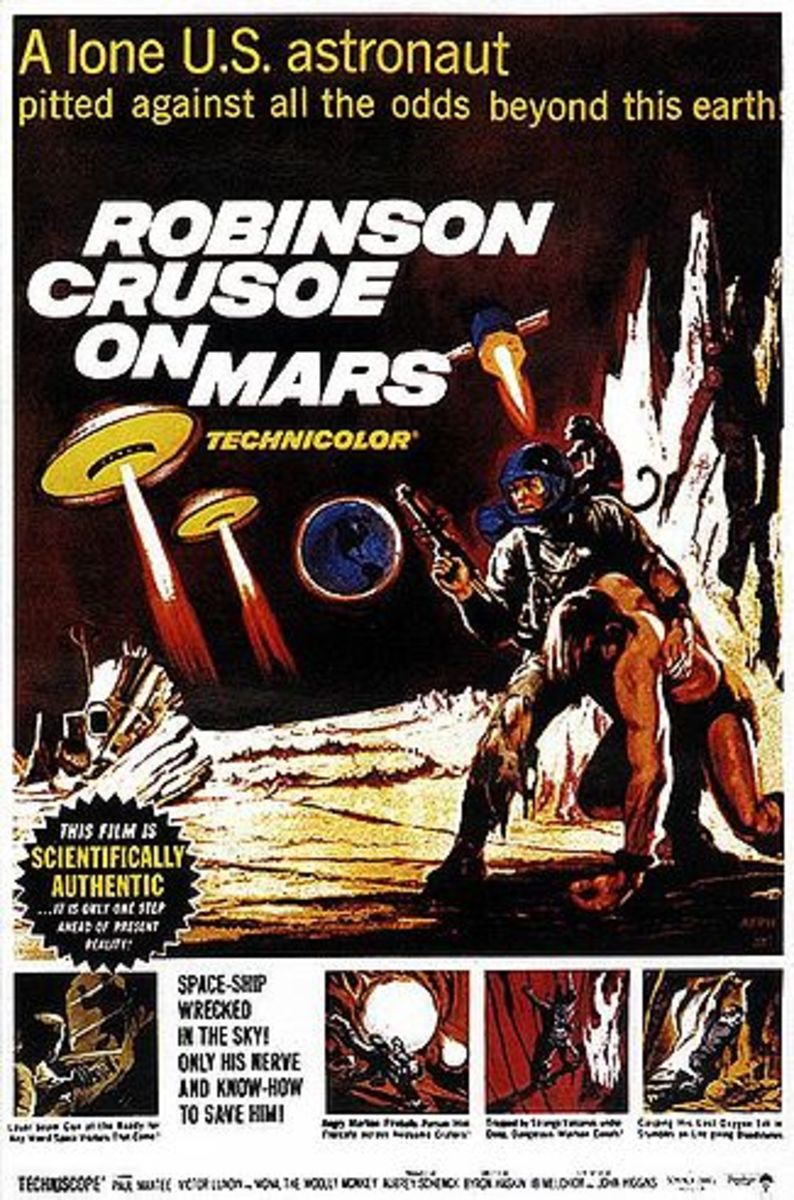Robinson Crusoe by Defoe
Daniel Defoe
Born in London around 1660, the son of Alice and James Foe, Daniel, the author of the classic tale Robinson Crusoe, later changed his surname to Defoe after living in Spain and Portugal for a number of years. His father was a tallow chandler, and a member of the Butchers’ Company. When the great plague struck in 1665, 70,000 Londoners perished but the Foe's were spared. Then in 1666 when the great fire of London devastated their neighbourhood, the Foe house and only two others were left standing.
Daniel studied at Charles Morton's Academy in London where he was to enter the Church, but he decided that the church was not for him so he went into business. He travelled around Europe as a Merchant, dealing in woollen goods, tobacco, wine, and timber. As well as importing and exporting Daniel also became involved in many social, political and religious causes including freedom of the press. His first publishing business was a series of banking and business essays. He also immersed himself in politics. His business ventures eventually failed and left him with huge debts, for which he was thrown into Newgate Prison.
In 1684 Daniel married Mary Tuffley and together they had two sons and five daughters. Later he was involved in the Monmouth rebellion in 1685 against King James II. Defoe became a supporter of King William, joining his army in 1688, and gaining a mercenary reputation because of his change of allegiance. In 1692, Daniel was arrested and imprisoned for debts of £700, and there is some evidence that his financial dealings were not always honest. From 1695 to 1699 he was associated with a brick and tile works in Tilbury which went bust in 1703.
Again he was arrested, but this time for circulating pamphlets calling for the extermination of all those dissenters who wanted separation from the Church of England. Dissenters believed that state religions impinged on the freedom of conscience. They were fiercely opposed to the hierarchical structure of the Established Church and the financial ties between it and the government. It was a tongue in cheek publication as Defoe was himself a dissenter, but the authorities did not find it funny and he ended up in Newgate again. From there he was released under the supervision of Robert Harley, 1st Earl of Oxford, who used him as an intelligence agent and pamphlet writer. When the Tories fell from power, he changed sides and started to work for the Whig government as an intelligence agent. His political writings were widely read and from 1704 to 1713 he published a periodical entitled, 'A Review of the Affairs of France and of All Europe.' It was first published weekly, then later three times a week, probably the first publication that looked like a modern day newspaper. From 1716 to 1721 Defoe edited various other periodicals.
Tiring of politics, Daniel started to write stories about believable characters in realistic situations using language that the man in the street could understand, until in April 1719 he published Robinson Crusoe, his most famous novel of a man castaway on an island off South America. The author may have based part of his novel on the true story of Alexander Selkirk, a Scottish castaway who was marooned on an island for four years. However, a very respected historian and writer, Tim Severin, in his book 'Seeking Robinson Crusoe' states that Robinson Crusoe was based on a castaway called Henry Pitman who escaped from a penal colony, was subsequently shipwrecked and was eventually rescued from an island off South America. His misadventure was published by J. Taylor of Paternoster Street, London, whose son William Taylor later published Defoe's novel. Pitman lived in accommodation over the publisher's offices and as Defoe was a businessman in the same area, it could be assumed that the two men met and Defoe learned Pitman's story first hand.
Whatever the truth of the matter, there is no doubt that Daniel Defoe was a prolific writer, had a fantastic imagination and a dedication to writing as evidenced by his hundreds of articles, essays, newspapers and novels.
Books from Amazon
Some of Daniel Defoe's better known works
Robinson Crusoe
The further adventures of Robinson Crusoe
Moll Flanders
Dickory Cronke
An essay upon projects
Military memoirs of Captain George Carleton
The complete English tradesman
History of the plague in London
The Life, Adventures and Piracies of the Famous Captain Singleton
The apparition of Mrs. Veal
The Consolidator
From London to Lands End
The history of the remarkable life of John Sheppard







